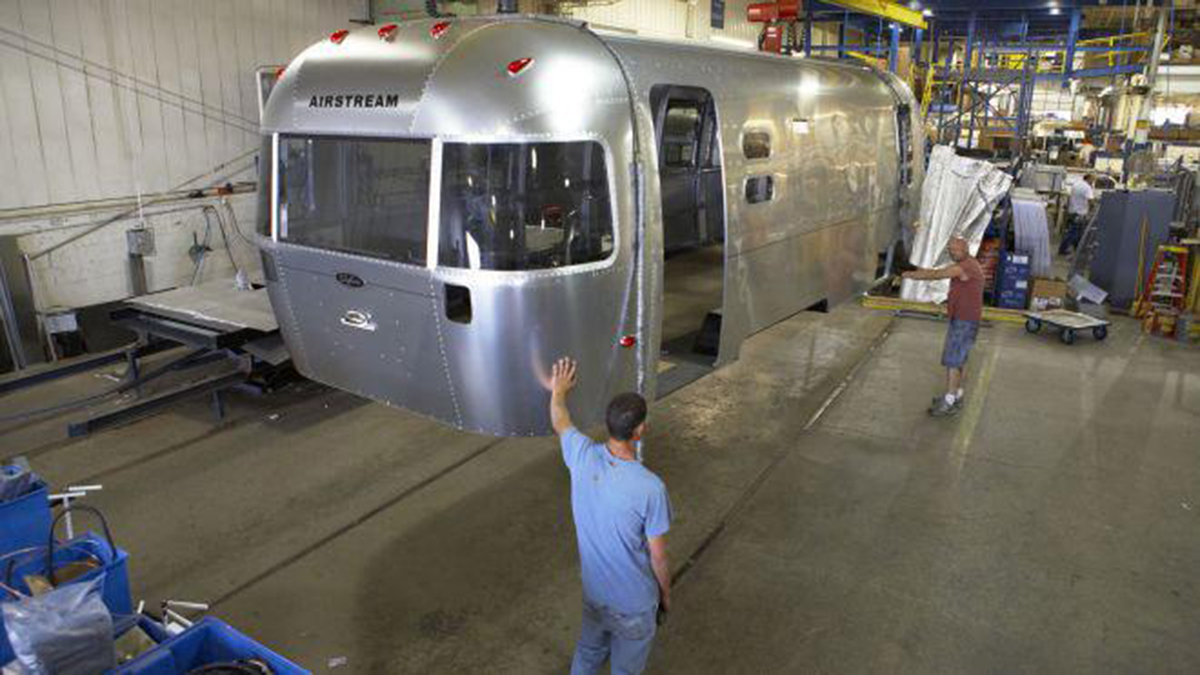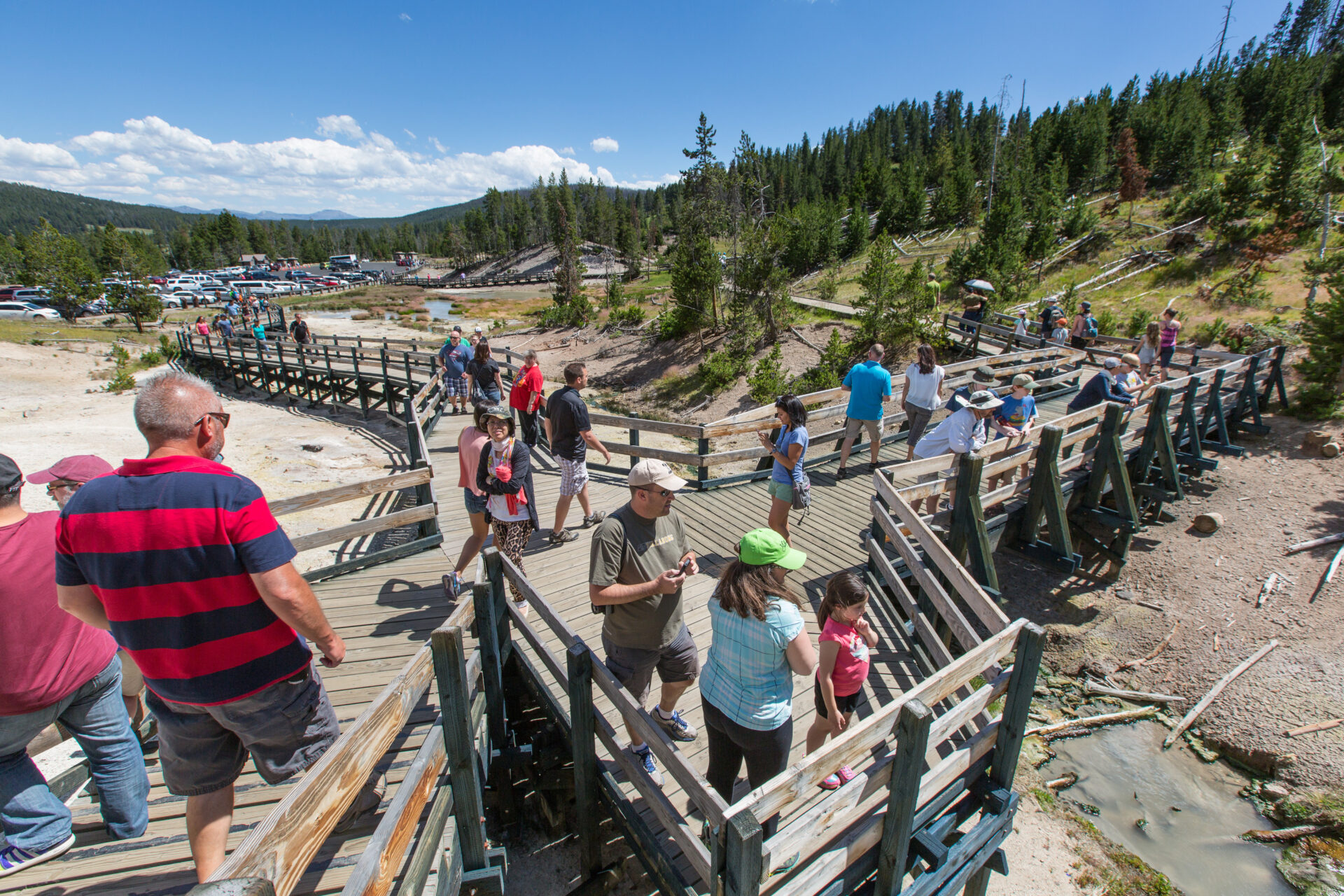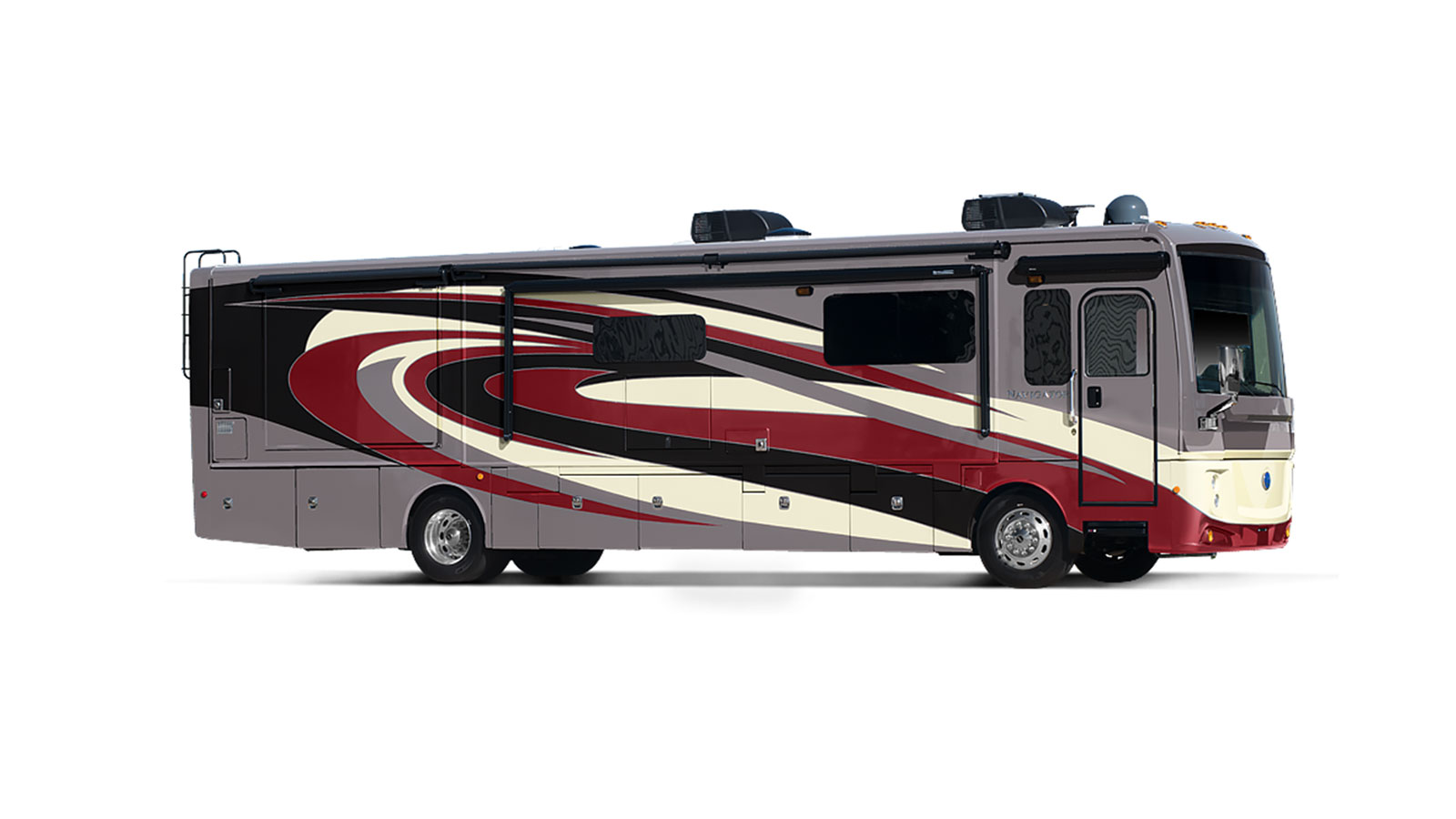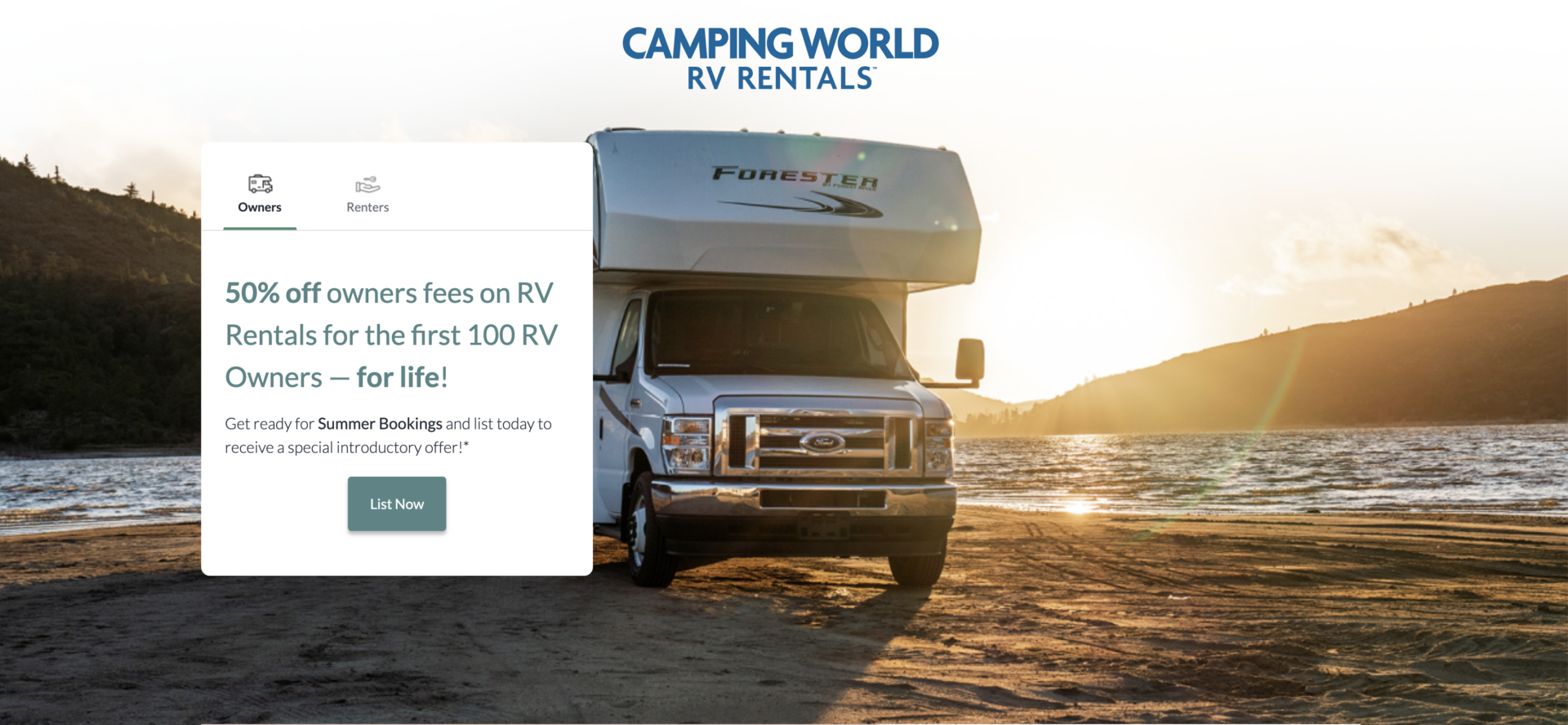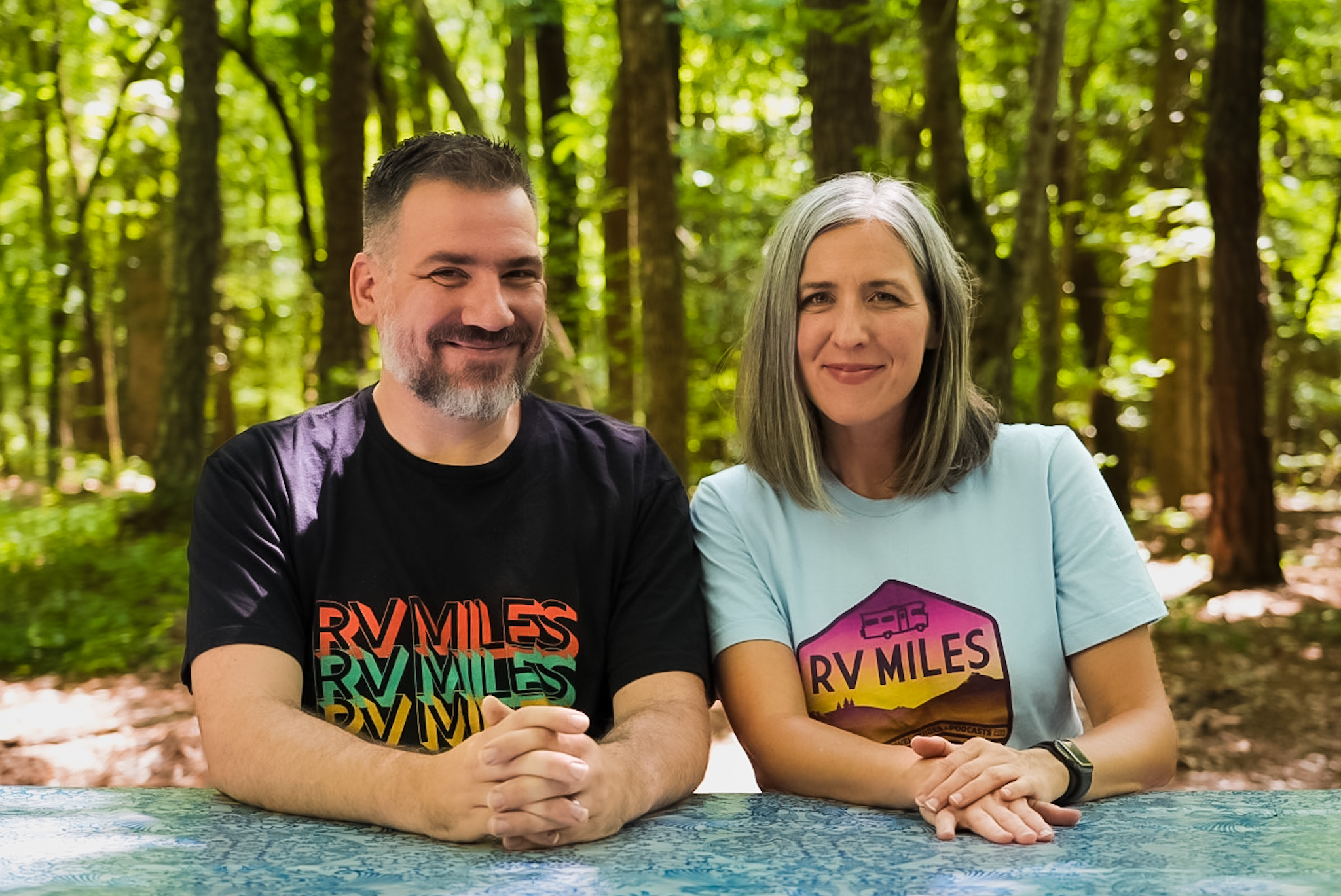The world’s largest RV Manufacturer — Thor Industries — released its 1st quarter earnings report Tuesday, and among a series of eye-popping numbers posted during this banner year for RV sales is a one that says everything you need to know about the current state of the industry: The maker of Airstream, Keystone, Heartland, Jayco and a dozen other brands had $8.92 billion worth of unfilled orders as of October 31st.
The backlog nearly tripled from the same period last year, and it continues to grow. “Dealer inventories continued to decline as many of our product shipments are going directly to fill existing end-customer orders,” said CEO Bob Martin. To address the demand, Thor brands, which operate mostly independently, have increased production levels, but orders are still flowing in.
“It will take a number of months of production to first fill dealer pre-sold orders before we will begin a restocking cycle to help our dealers get their inventory back to a more historically normal level,” Martin continued.
Thor believes that the boom in RV sales isn’t temporary, saying much of the demand this year has been independent of the pandemic. “People have shown that they appreciate the long-term value proposition RVs offer — affordability, a vacation in a controlled environment, freedom, and outdoor fun. We also believe that the desire by consumers to ‘control their own destiny’ and have safer, socially distanced vacation activities has been a key factor in driving recent RV demand and will continue to be a factor for the foreseeable future.”
Last week, the RV Industry Association updated their forecast for 2021, and now expects an increase of 18.7% in shipments over 2020. “We support their forecast and believe there is potential for upside to this forecast based on current industry conditions,” concluded Martin.
The average RV loan is about $45,000, which would put Thor’s nearly $9 billion backlog at roughly 200,000 vehicles. Recent reports have cited waiting lists of up to 2 years for certain RV orders.
The industry-wide backlog could mean a continued increase in new unit prices as well as used RV values until dealer inventories are restored. The variety offered on dealer lots will also likely be limited, as manufacturers are more likely to fill orders for the most popular floorplans first.
Much of Thor’s and the other manufacturers’ backlogs are due to the intense demand for RVs as a safer alternative to hotels and airplanes during a pandemic, but a good portion is related to supply chain issues. Shut-downs of manufacturing and international shipping beginning last spring are still being felt across the industry. RVs are built from components from a wide variety of suppliers, so even if an assembly line is up to speed, units may sit for months waiting on missing parts.
Thor’s 1st quarter earnings were reported as $2.05 per share, $0.48 better than expected, with revenues rising 17.5% year over year.

